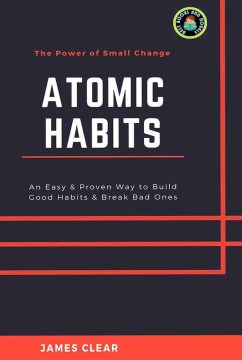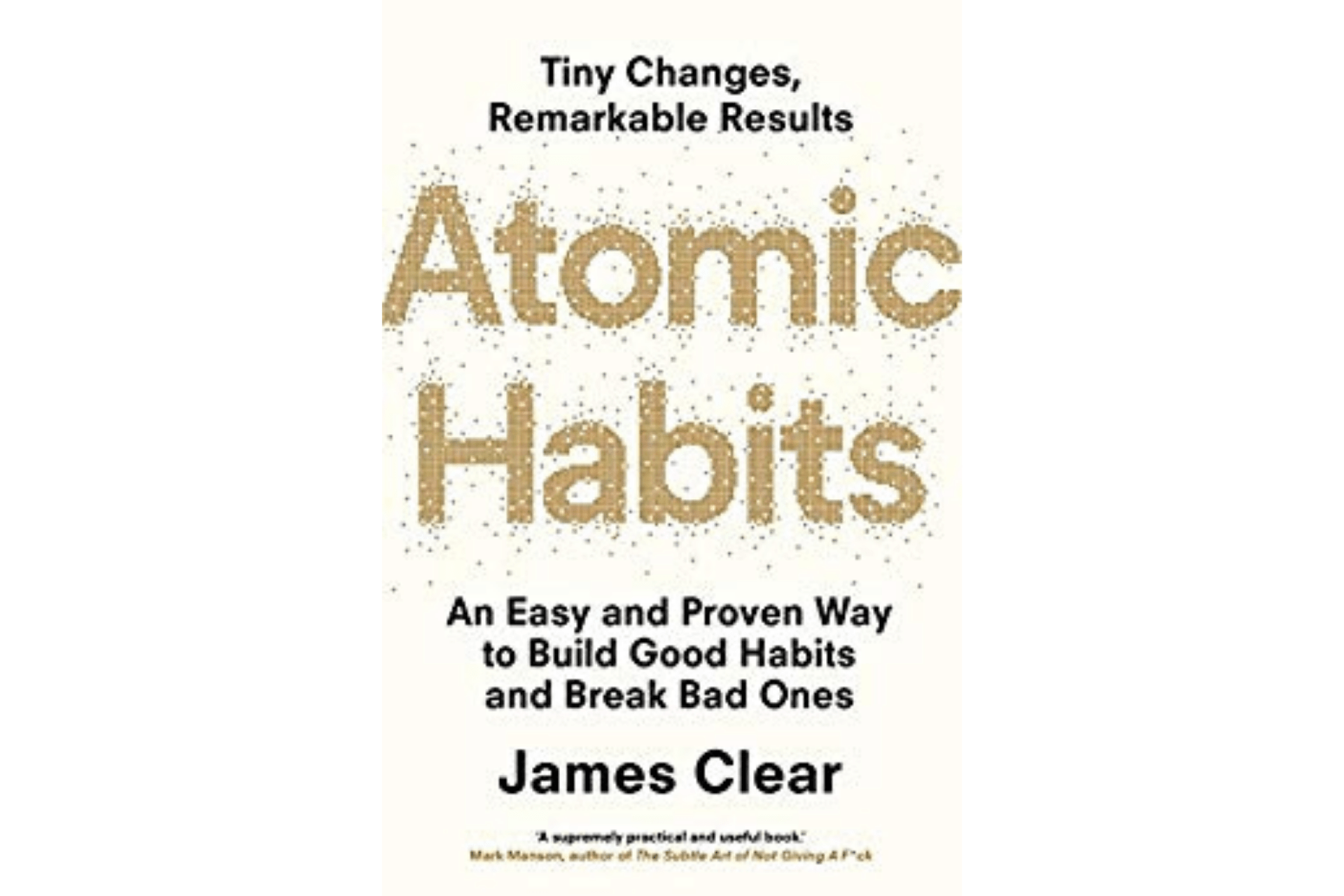
Technology has increased, the world has changed, but our brains are fundamentally the same.Which strategies have you used already or want to use? How will these strategies help improve your life/business?.Do you have problems you are looking to solve? What are they? What habit might help you solve that problem?.What motivates you not to give up on your habit (goals)?.When implementing 1% improvement systems (1% wins)/habits are you going to apply/already have in your life to help you reach your ultimate identity/goals?.What has been the most difficult for you when stopping bad habits? How can you get over this? Maybe it’s a habit you’ve had since you were a young adult or child.What has been the most difficult for you when creating new habits? How can you get over this?.In what ways has your life changed since reading this book (perspective)?.What identity (who do you want to be?) do you want/already have? Why?.How has this book changed the way you look at your own life?.What do you think the purpose of this book is?.Surround yourself with people who have the habits you want to have yourself. One of the best ways to become better is to join a culture where your desired behavior is the normal behavior. Thesis : Changes that seem small and unimportant at first will compound into remarkable results if you’re willing to stick with them. These are the four laws of building a habit.Ģ5 Discussion Questions, Quotes, Strategies and Book Recommendations From Atomic Habits In order to make a habit stick, you must make it obvious, make it attractive, make it easy, and make it satisfying. The most important thing you can do is to show up. Any good habit that is continuously repeated over time, no matter how small, will have a positive impact on your life in the long-run. The most important takeaway you can get from Atomic Habits is that small changes seem unimportant at first, but then start compounding over time. You’ll have to do some experimentation and find out what works best for you. Clear put it, these are the strategies he’s tried applying in his life but may not work for every person. The best approach you can take while reading this book is to try different strategies to find out which one works best for you. It’s about time someone stepped up to the plate and delivered an actionable product.

It’s in actuality a book about lifelong learning disguised as a book about habits. But a lot of people are interested in building better habits and stopping bad ones.

He’s a pretty sneaky guy because most people don’t want to read about lifelong learning unless they’re interested in lifelong learning specifically. James Clear has done a superb job of mixing learning about habits and embodying lifelong learning.

But then I realized after reading and discussing it at Book Brewers’ second meeting that this is not just ‘some’ ordinary book. Honestly, when I first started reading Atomic Habits for a book club called Book Brewers in Surabaya, Indonesia that I helped co-found I wasn’t expecting anything different from any other self-development book. There are many pieces of advice you can apply in your life. Have you read The Power of Habit by Charles Duhugg? It’s a great book, isn’t it? Well, Atomic Habits takes what you learn in The Power of Habit and builds upon it in an astronomical way. It offers more than just advice - you get tons of actionable steps you can follow to get yourself a habit built - and to bust bad habits.If you only read one book in your life Atomic Habits by James Clear is the one you should read.
#Atomic habits book how to#
Not only was this gentleperson going to tell me how to build up new good habits and sweep my old ones out of the way, but he was suggesting proven methods - and it was going to be easy! I love easy! And boy did I love this book, and other books like Atomic Habits.

I have to say, I got a little brain-horny when I read the title of this book for the first time: Atomic Habits: An Easy & Proven Way to Build Good Habits & Break Bad Ones. Her old Iowa farmhouse is shared by her husband Sean, a pair of cats, a pair of dogs, and the ghost of Kurt Vonnegut. Her hobbies include writing fiction, reading fiction, mixing together various flavors of soup, and typing letters to her friends on an old red typewriter that doesn't have a working period so all sentences must end in questions marks or exclamation points? She has read every Pulitzer Prize-winning novel and has a lot of thoughts on them. Tracy is a freelance copywriter, all-around ne’er do well, very-adult graduate of the University of Iowa, and occasional waterer of plants.


 0 kommentar(er)
0 kommentar(er)
